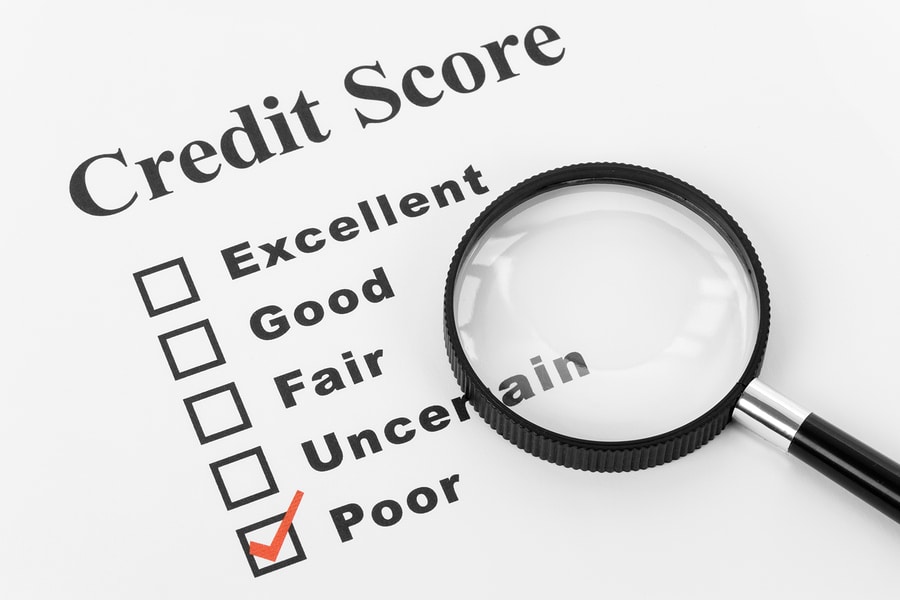
Unexpected hospital bills, burdensome credit card debt and other expenses can quickly pile up and damage credit scores. Having bad credit can lead to numerous consequences, affecting the ability to find jobs, rent apartments, take out mortgages and lease cars.
- Bad credit can hurt your ability to find employment, as most employers do background checks that pull credit reports. For job seekers looking to get into banking or other professions that require a high degree of ethics or confidentiality, poor credit reports can be especially disastrous.
- Poor credit scores can make it very difficult to rent apartments, as leasing offices require thorough financial background checks before tenants can move in. Leasing offices will shy away from potential tenants with too many negative marks on credit reports, believing they may skip out on rent.
- Mortgages can be much more difficult to obtain with poor credit scores. Potential homeowners with poor credit scores may have to pay higher interest rates on mortgage loans, making it unaffordable.
- Taking out business loans can be very difficult for people with bad credit histories. For soon-to-be-entrepreneurs who do manage to secure loans, higher up-front payments and interest rates can put new businesses in bad starting positions.
Can Poor Credit Scores Be Repaired?
Credit scores are averaged by a person’s payment history, amount of debt owed, length of credit history, new loans, and types of debt. Improving a poor credit score involves meticulously going through everything listed on your report, looking for errors, and creating plans to make future payments on time.
For people with enormous debt loads, filing for Chapter 7 or Chapter 13 bankruptcy might be a better option.
The Sader Law Firm – Kansas City Bankruptcy Attorneys
 Book an
Book an Email
Email Directions
Directions







